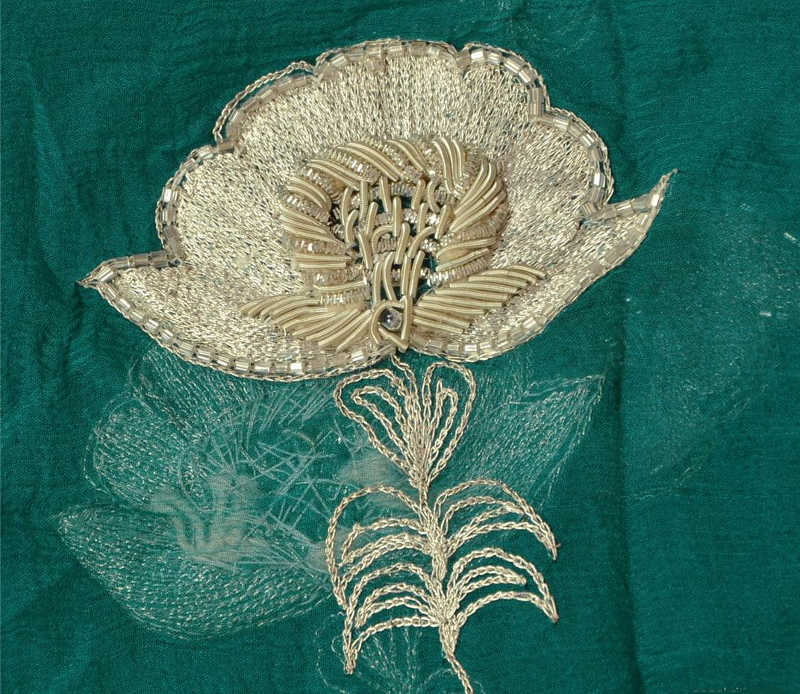===
0485,
2
===

=== |
 |
ek : 'One, single, sole, alone, only, a, an; the same, identical; only one; a certain one; single of its kind, unique, singular, preëminent, excellent'. (Platts p.113)
S. R. Faruqi:
[Further thoughts, not from SSA (2015):] The point here is that the rose petal seems blue-ish when crushed. So do her lips when crushed with kisses.
[See also {759,5}.]